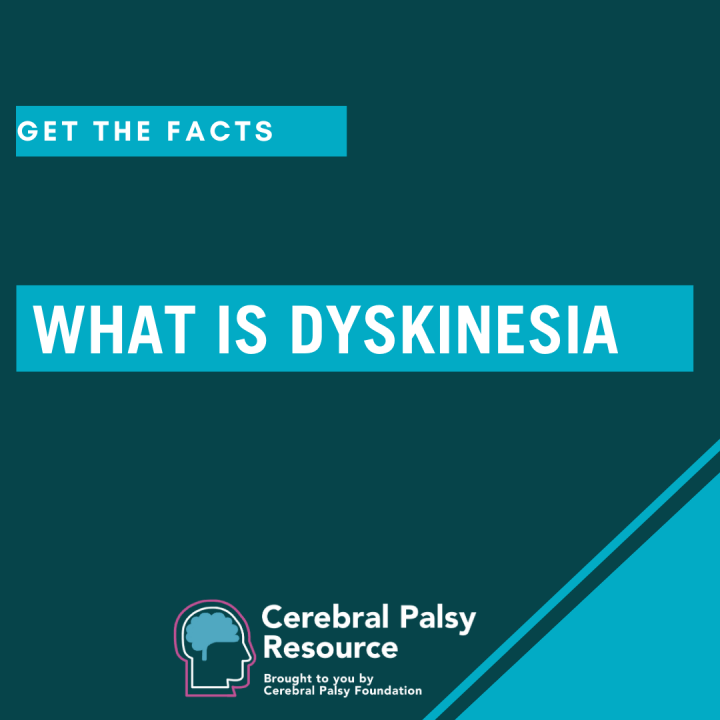Dyskinetic Cerebral Palsy Functional Impact Scale

People with cerebral palsy frequently have difficulties with the activities they need to do each day. These difficulties can be caused by increased muscle tone or stiffness called spasticity, decreased tone or floppiness, or fluctuating tone called dystonia or dyskinesia. Dyskinesia changes throughout each day, it is usually involuntary and can be made worse by emotion, concentrating, tiredness, and pain.
Some questionnaires or tools measure how severe dyskinesia is, but none of them tell us how it impacts on the activities children do each day. The Dyskinetic Cerebral Palsy Functional Impact Scale (D-FIS) measures the impact dyskinesia has on a child’s ability to do daily activities or be cared for. The D-FIS provides families, doctors, and therapists with valuable information to help them choose therapies which reduce the impact of dyskinesia, so children can participate in activities that are important to them and their families, such as moving around, dressing, play and school, leisure activities, accessing technology, and sleep.
The D-FIS has two scales which take families about 10 minutes to complete. The Impact Scale measures how much dyskinesia impacts on 18 daily activities. The Priority Scale rates the priority of each activity for the child and their carers. Knowing the priority helps to set goals for therapy. The D-FIS was developed with parents, young people with dyskinetic cerebral palsy, and clinical experts.
Our aim is that the D-FIS will be used in clinics everyday to help children, carers, therapists, and doctors work together to choose interventions to target daily activities that are most important to each child but are challenging due to dyskinesia.
Our next steps are to work out if the D-FIS can be used to measure change after therapies and to develop a version of the D-FIS that children can complete for themselves.
Stewart K, Lewis J, Wallen M, Bear N, Harvey A. The Dyskinetic Cerebral Palsy Functional Impact Scale: development and validation of a new tool. Dev Med Child Neurol. 2021 Dec;63(12):1469-1475. doi: 10.1111/dmcn.14960. Epub 2021 Jun 19. PMID: 34145577.
The D-FIS provides families, doctors, and therapists with valuable information to help them choose therapies which reduce the impact of dyskinesia, so children can participate in activities that are important to them and their families, such as moving around, dressing, play and school, leisure activities, accessing technology, and sleep.






